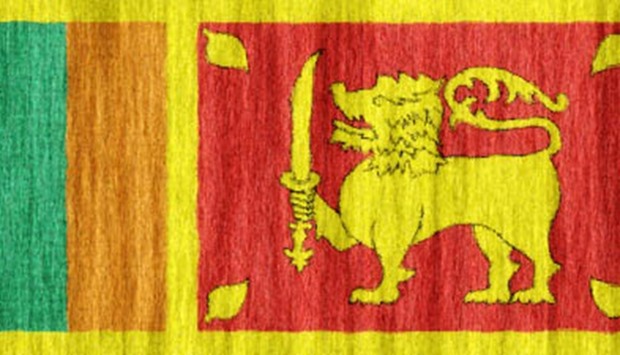Government doctors and students at state-run medical colleges had for months been striking over allegedly subpar standards at the South Asia Institute of Technology and
Medicine (SAITM).
Places for aspiring doctors in state-run colleges are scarce and fiercely competitive, and Sri Lanka’s medical fraternity feared the island’s only private college was undermining the
profession.
“The government hopes that this decision will end the SAITM controversy,” the government’s information department said in a statement.
“It is hoped that all stakeholders will abide by this decision.”
Uniform standards for state-run medical colleges will be rolled out within the month by the health ministry, the
statement said.
Hundreds of students already enrolled in the private college will be transferred to a new facility and eligible to graduate as doctors.
The private college was established in 2008 to cater for students who did not make the strict quota for state-run
facilities.
It was closely associated with Mahinda Rajapakse, the strongman president who oversaw the final days of Sri Lanka’s 37-year civil war which ended in 2009.
After he was defeated at the ballot box in 2015, Sri Lanka’s largest doctors union started calling for the college to be closed, claiming teaching standards were poor.
There was no immediate comment from the Government Medical Officers Association on the government’s decision to dissolve the college.
Students in state-run medical universities had also been boycotting classes for more than a year in opposition to the private college.
Thousands of students apply for medical studies every year but just a small percentage gain a coveted spot.
Private colleges for students keen to study in other professional fields exist in Sri Lanka without controversy.
The Government Medical Officers’ Association (GMOA) yesterday remained skeptical about the latest stand taken by the government over SAITM also known as the Malabe private medical college.
GMOA office-bearer Dr Naveen De Soyza said that the association welcomed the decision to abolish the SAITM. However, he added that the GMOA need further clarification on the proposed step to make it a not for profit institute.
“The government’s decision to abolish the SAITM can be regarded as a positive step in the battle against SAITM by various parties and individuals. It is clear that the government has accepted our stance on the SAITM with this decision,” he said.
He said that it was doubtful what kind of authority would govern the SAITM with this new announcement. “It was also questionable as to what extent the required standards in medical education would be met. There is no clarity as to how clinical training would be provided to students through the institution that had been
proposed.”
He said that a reasonable solution should be found to facilitate the students who studied at SAITM and those who passed out from it. “We need further a space for discussion in regard to the next steps that need to be taken,” he said.

